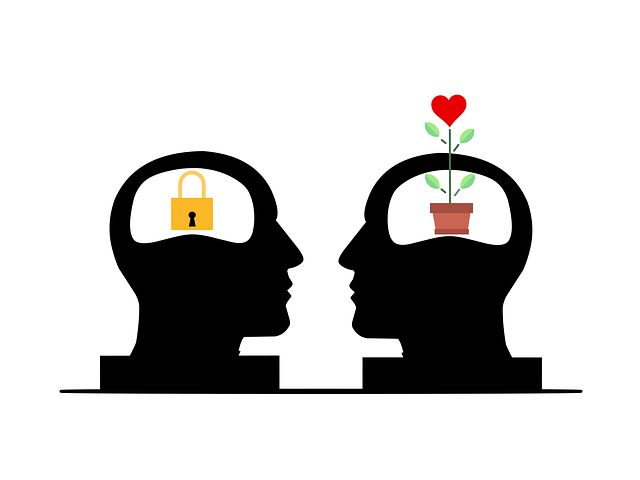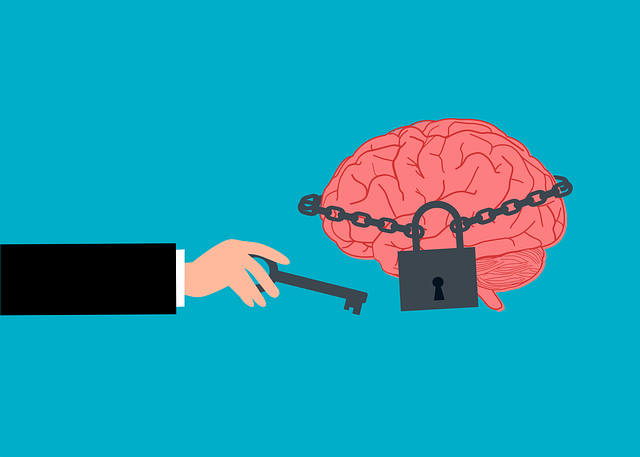Adolescent teens face unique mental health challenges from academic pressures, social media, and peer dynamics, leading to stress, anxiety, low self-esteem, and isolation. Early intervention is key; workshops focused on stress management should educate teens about causes, promote "Mind Over Matter," and equip them with proactive coping strategies. Incorporating burnout prevention and trauma support services offers a holistic approach, specifically targeting therapy for adolescent teens' depression. These workshops create safe spaces for open dialogue, foster resilience, and teach evidence-based techniques like CBT and mindfulness. Measuring success through evaluation ensures the effectiveness of these initiatives in empowering teens to manage their mental wellness.
Stress management workshops play a crucial role in addressing the growing issue of teen stress and depression. This article delves into the essential components of designing successful programs tailored to adolescent mental health. From identifying common stressors unique to teens, we explore evidence-based strategies for creating safe spaces where open dialogue thrives. We discuss incorporating proven techniques like mindfulness and cognitive-behavioral therapy (CBT) in workshop content, along with measuring success through outcome evaluation.
- Understanding Adolescent Teen Stress and Depression: Identifying the Problem
- Designing Effective Stress Management Workshops for Teens
- Creating a Safe and Supportive Environment for Open Discussion
- Incorporating Evidence-Based Techniques in Workshop Content
- Measuring Success: Evaluating and Tracking Workshop Outcomes
Understanding Adolescent Teen Stress and Depression: Identifying the Problem

Adolescent teens today face a unique set of challenges that can contribute to stress and even depression. The pressure to excel academically, navigate social media, and manage peer relationships can take a toll on their mental health. Many teens struggle with anxiety, low self-esteem, and feelings of isolation, often stemming from academic expectations, body image issues, or societal pressures. Identifying these problems early is crucial as they can lead to more severe conditions if left unaddressed.
Workshops focused on stress management for adolescents should aim to educate them about the causes and effects of stress and depression. By promoting Mind Over Matter principles, these sessions can empower teens with coping strategies to manage their mental health proactively. Additionally, discussing burnout prevention techniques and providing trauma support services can offer a holistic approach to addressing the well-being of young individuals, ensuring they have the tools to navigate the challenges of adolescence with resilience.
Designing Effective Stress Management Workshops for Teens

Stress management workshops tailored for teens play a crucial role in equipping young individuals with essential tools to navigate their mental health challenges. These workshops should go beyond surface-level stress relief techniques, delving into the root causes of adolescent stress, which often include academic pressures, peer relationships, and self-esteem issues. By fostering an environment that encourages open dialogue and offers practical strategies, workshops can effectively address these concerns. Incorporating therapeutic activities such as mindfulness exercises, cognitive-behavioral techniques, and emotional expression through art or writing can help teens develop effective coping mechanisms for managing stress and anxiety.
Incorporating self-care routines development for better mental health is a game-changer in these workshops. Trained facilitators can guide participants in identifying personal triggers and designing personalized strategies to combat stress proactively. This proactive approach, coupled with trauma support services if needed, empowers teens to take control of their mental wellness. Additionally, introducing mental wellness coaching programs during these workshops enables teens to gain insights into maintaining long-term mental health stability, fostering a sense of resilience that extends beyond the workshop setting.
Creating a Safe and Supportive Environment for Open Discussion

Creating a safe and supportive environment is paramount for effective stress management workshops, especially when catering to adolescent teens struggling with depression. This involves fostering an atmosphere where participants feel comfortable expressing their thoughts and emotions without fear of judgment. Facilitators should model active listening and empathy-building strategies, ensuring every voice is heard and valued. By promoting open dialogue, teens can share their experiences, learn from peers, and develop coping mechanisms tailored to their unique needs.
Implementing community outreach programs can further enhance this safety net. These initiatives encourage peer support groups, where adolescents can connect with others facing similar challenges. Such connections can be life-changing, preventing burnout and offering a sense of belonging. Through these supportive networks, teens can access therapy for adolescent teens depression while also developing resilience and the skills to navigate stress in healthy ways.
Incorporating Evidence-Based Techniques in Workshop Content

Incorporating evidence-based techniques is essential for effective stress management workshops designed for adolescent teens grappling with depression. Studies have shown that cognitive-behavioral therapy (CBT), mindfulness practices, and other scientifically validated methods can significantly reduce symptoms of depression and enhance overall mental wellness. Workshop facilitators should focus on teaching practical skills like self-awareness exercises, stress-reduction techniques, and healthy coping mechanisms backed by clinical research. These approaches empower teens with tools to navigate their emotions, improve their resilience, and foster a sense of calm in the face of challenging situations.
Moreover, integrating these evidence-based practices within interactive sessions enhances engagement and learning outcomes. Facilitators can incorporate role-playing scenarios, group discussions, and mental wellness podcast series production to make the workshops dynamic and relatable. By combining theoretical knowledge with practical application, participants gain a deeper understanding of their emotional responses and learn how to implement self-care strategies tailored to their unique needs. This holistic approach ensures that the workshops cater to various learning styles and promote sustainable positive change in adolescent teens’ mental health journey, including those seeking therapy for depressive symptoms.
Measuring Success: Evaluating and Tracking Workshop Outcomes

Measuring success is a vital component of any workshop organization, especially when addressing sensitive topics like stress management among adolescent teens. Evaluating and tracking workshop outcomes ensure that the program’s effectiveness can be demonstrated and tailored for better results. This process involves collecting feedback from participants through post-workshop surveys, which gage their understanding of stress management techniques learned and the potential impact on their mental wellness. By comparing pre- and post-workshop scores, organizers can quantify improvements in areas such as anxiety relief and overall mental health.
Additionally, long-term follow-up assessments can provide valuable insights into the sustainability of workshop outcomes. This data is crucial for refining mental wellness coaching programs and stress management initiatives, ensuring they remain impactful and adaptable to evolving needs. Understanding how participants apply learned strategies in their daily lives highlights the success of the workshops in fostering resilient coping mechanisms, potentially reducing risks associated with untreated anxiety or depression among teens.
Stress management workshops tailored for adolescent teens offer a promising avenue to combat rising depression rates. By incorporating evidence-based techniques in an engaging, safe, and supportive environment, these sessions can empower young individuals with essential coping tools. Effective workshop design, as outlined in this article, enables professionals to create transformative experiences that positively impact teenage mental health, potentially reducing the burden of stress and depression. This proactive approach to therapy for adolescent teens depression is a step towards fostering resilient, well-adjusted, and hopeful futures.














